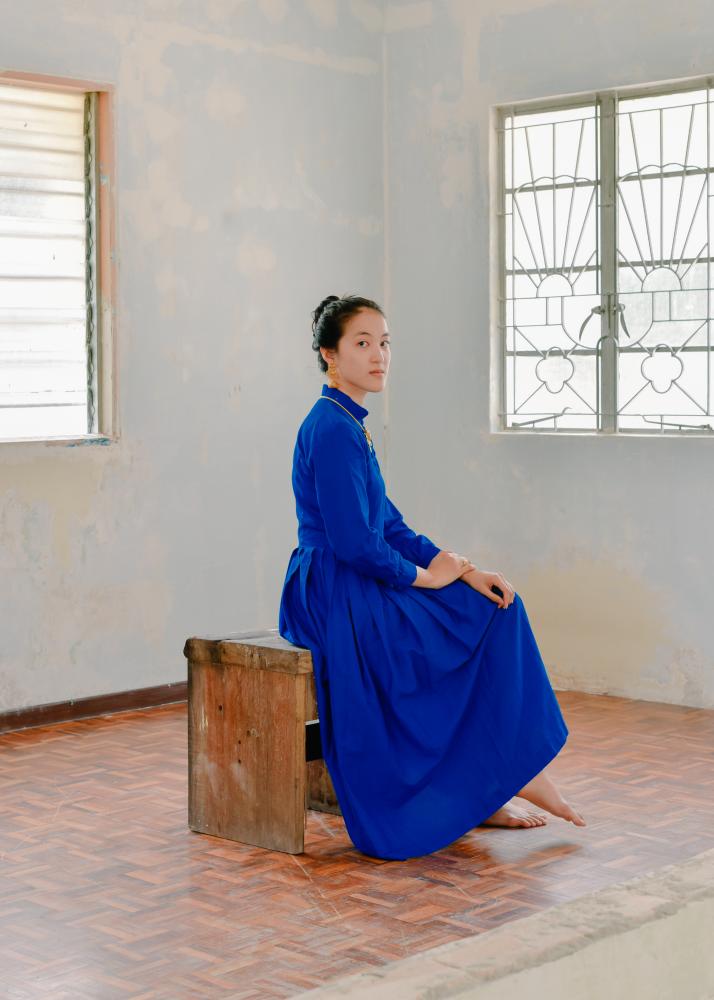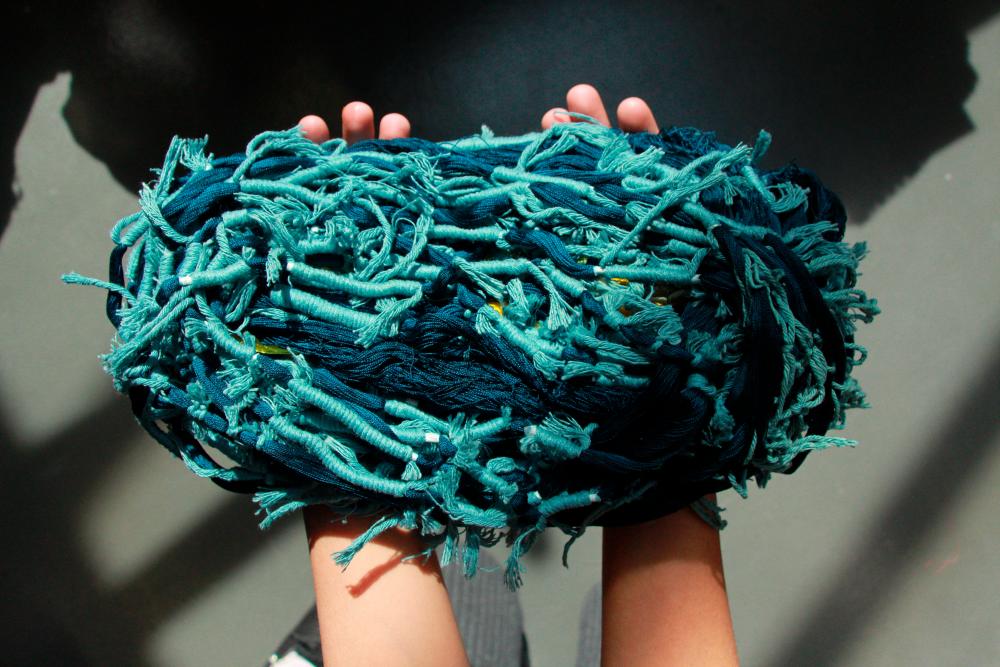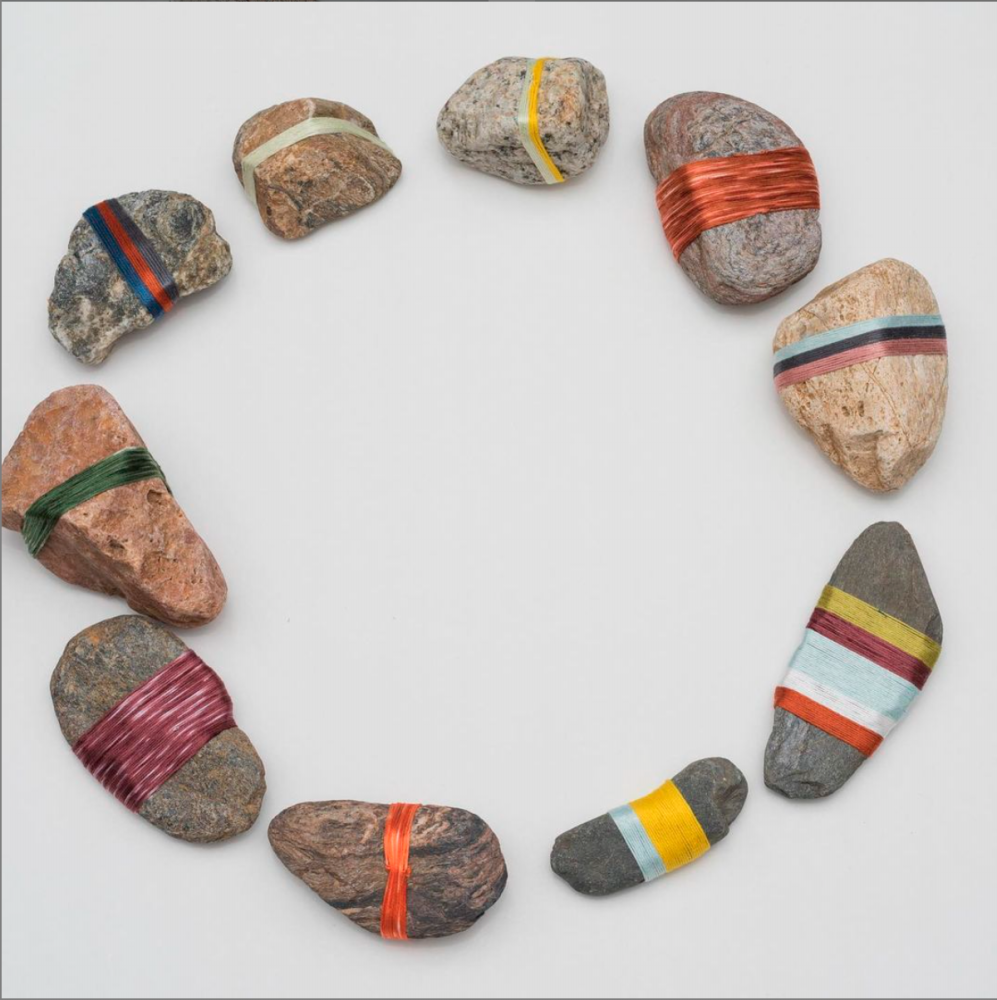AT the age of 14, weaver, textile and surface designer Shan Shan Lim had the acuity to know things in school were not going in a direction that would be beneficial for her, particularly down the line.
“From standard one to standard six, I was doing really well. When I went into secondary school, I realised that my performance wasn’t the best and that my heart wasn’t into studying anymore,” Lim told theSun.
“I remember sitting down with my mom and telling her, ‘If I don’t make this change, the future of my life would look very different’.”
There is no way to affirm whether her intuition was true, but what is certain is that leaving Malaysia gave her the room to pursue her personal spiritual growth, which was the driving goal that led her from Petaling Jaya to a school in the Himalayas for five years.
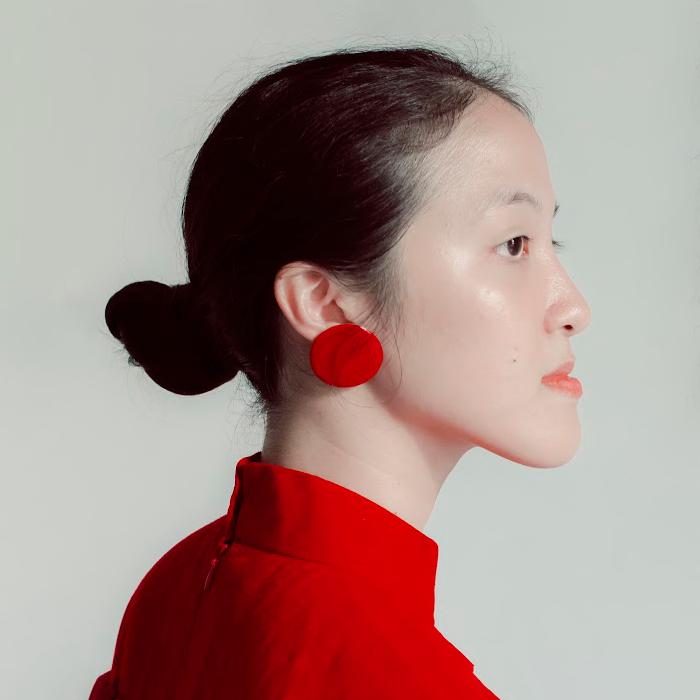
Spiritual voyage
In the remote village in the Himalayas, Lim spent her days immersing herself in nature, along with watching the native weavers and farmers toiling their at their craft.
“India is such a colourful, beautiful country. I studied Indian history and I read about Gandhi reuniting the whole of India against British colonisation through textile and the khadi fabric. That was one of my biggest inspirations,” she said.
“I feel like fabric and textile play an important role in history, by telling the stories of different cultures and tribes, even the story of human evolution”.
Learning Hindi, and then completing the O-levels and A-levels, Lim would leave India to pursue specialisation in weaving in London.
“It was a crossroad between choosing fine art or textile,” she noted.
After spending her early adult life in London for almost five years, Lim then moved to Italy for three months, seizing her calling as an artist further by taking part in Green Fashion Week.
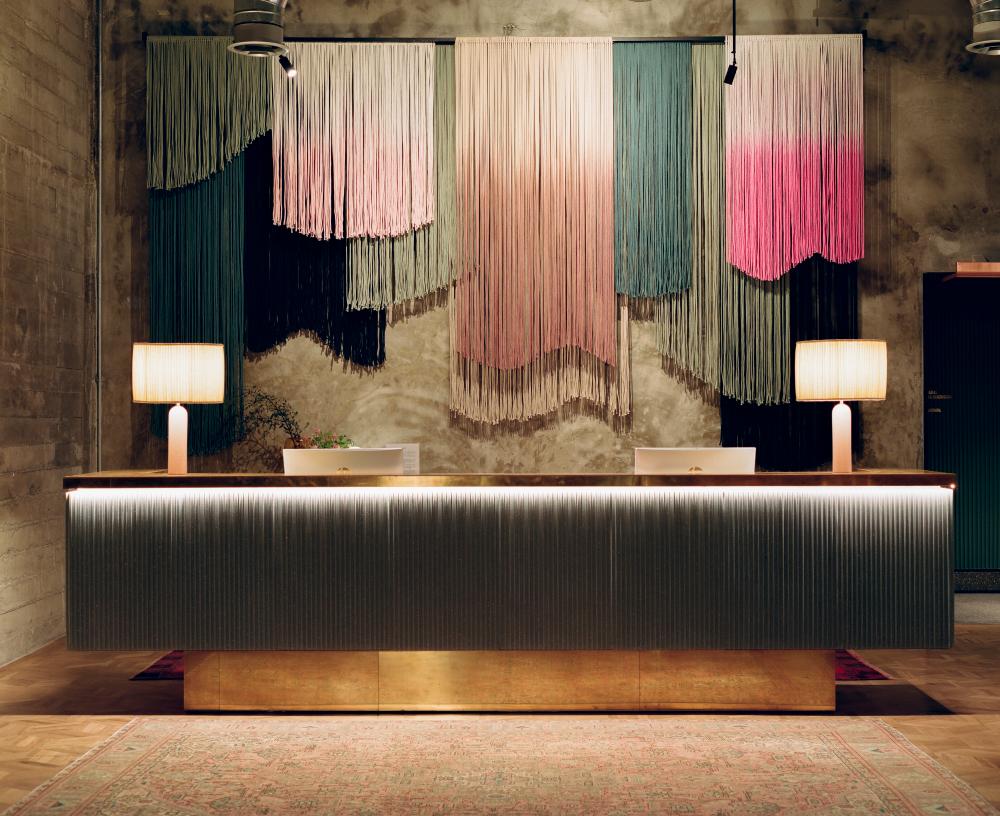
Back home
Returning to Malaysia, Lim founded Shan Shan Lim Studios in 2017.
“I hadn’t seen my family in a really long time and I’ve been away for almost ten years. One thing I missed the most is Malaysian food, which is like, one of the best in the world,” she said with a laugh.
Upon returning, Lim realised there was not much textile design in Malaysia, as people were not designing their textiles from scratch.
“They were either buying from China or India. I decided where there was a gap, there was an opportunity”.
Lim admitted that the reason it took her a while to start the studio was due to not having friends in Malaysia.
“I did not have a network because I just came back. I had to restart everything. I remember the first month or so of just settling in, and then the following month, I literally emailed like 10 companies asking if they were interested in collaborating,” she explained.
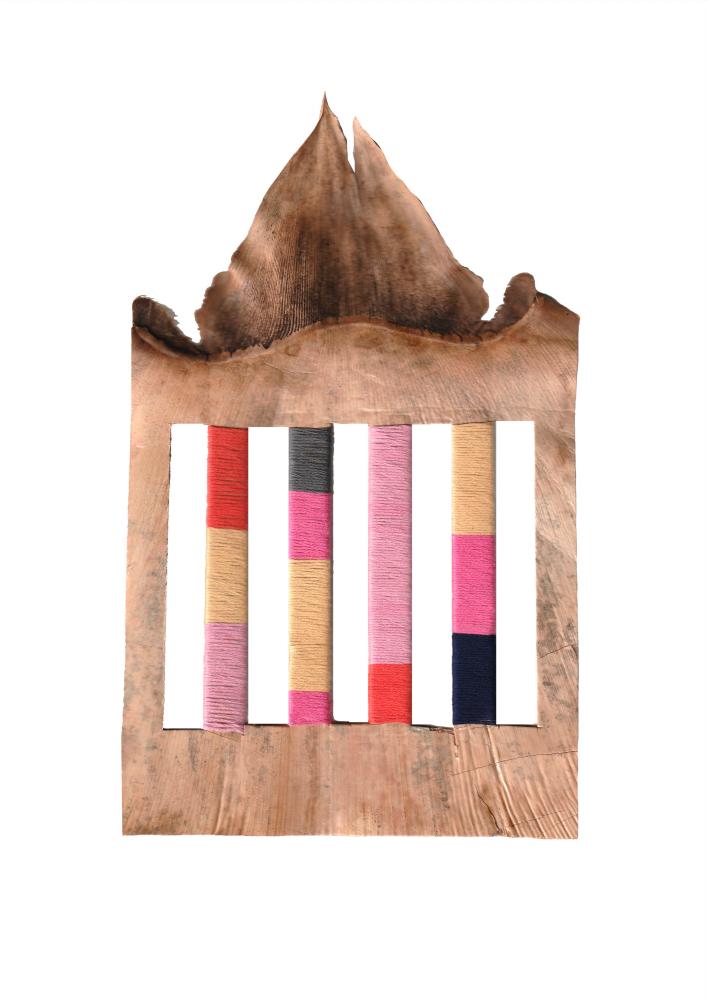
Present and future
One can not be faulted if they said art runs in Lim’s veins, as her father is an architect and her late mother was a graphic designer.
“I remember being really young, and my mum would give me unwanted papers that she was about to chuck. I would draw on them. That’s my earliest memory of doing art, and my parents were very encouraging with my art career,” Lim said.
As art is a constant in her life, the multidisciplinary artist recalled the moment leading up to the initial pandemic panic early last year.
“I was in India learning about Indian miniature painting, and that’s when the pandemic broke out. It came out in the news in Jaipur that the virus has spread there,” she explained.
“I was freaking out and I told my husband that we had to book the next flight home, because I had a feeling they were going to close the borders. After we arrived back in Malaysia, the next day was when the MCO lockdown announcement went out”.
Though work has been relatively strained since then, Lim counts her blessings that there were pending jobs she could fall back on, along with the graphic design jobs she is temporarily taking up.
Towards the end of May, Lim will be launching the first collection from Haus of Rami, a new menswear brand that she co-founded with a good friend.
“I’m interested how in olden days, each clothing meant something and had a story. Ideally, I would like the collections I’m making through this brand to be passed on from generation to generation. I want it to be sustainable and ethically made. The clothing will be made in Malaysia,” she said.



